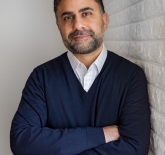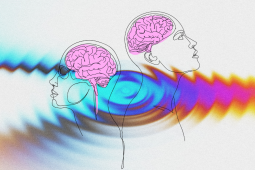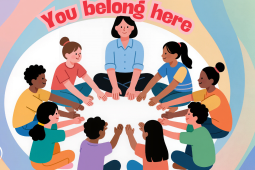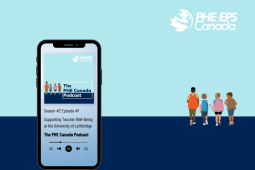The Change We Need
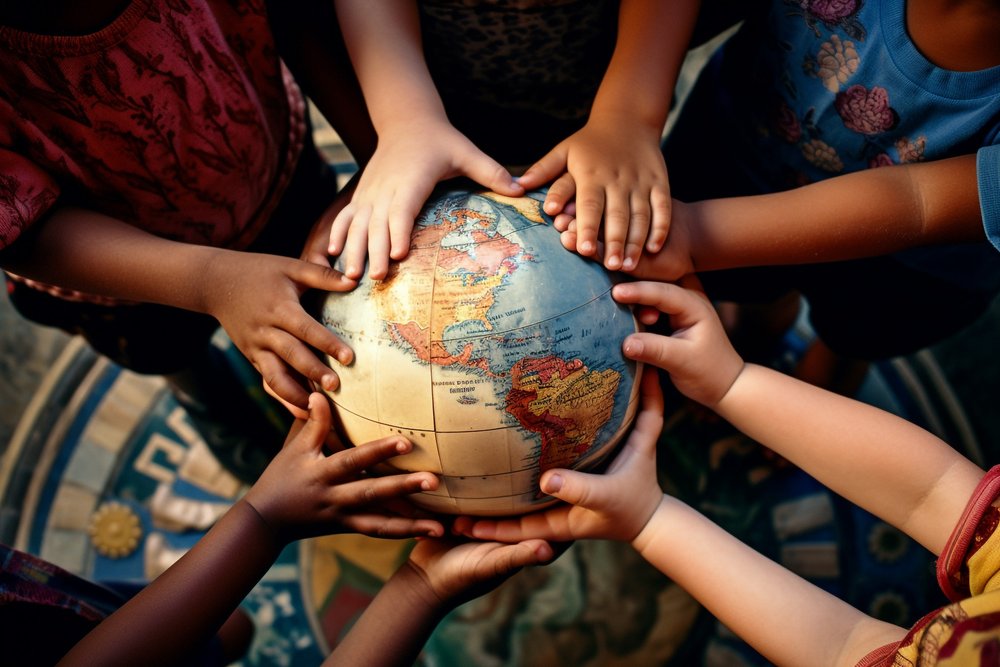
The Change We Need
For too long the topic of mental health/addictions has remained in the shadows of our society. We have made incredible gains and the conversation has started. Unfortunately talking is simply not enough.
I live on the front lines of a chronically underfunded and hyper-fragmented system. My job is to work with children, youth and families to help cultivate hope. We work together to strengthen their ability to fight back against the monsters of depression and anxiety that have hijacked their brains. They are my inspiration.
I should never have to tell them that the best treatments I have learned from my training are simply not available in their communities. They should not have to search through a complicated maze of agencies and services, finding doors shut and blinds closed due to seemingly arbitrary inclusion or exclusion criteria. The best treatment for mental illness is not a waiting list. Help-seeking should not be treated with blame and shame.
We and our loved ones should not accept prejudicial and discriminatory underfunding of mental health services.
We need to start advocating for mental health to be treated like physical health.
We must demand an end to the status quo.
The path forward may seem daunting, but together we can accomplish incredible things. From my perspective, the change we need comes back to what binds us as a community…our shared humanity.
First, we must have courage. We must be brave enough to call out the problems with the current system. Stigma is a powerful force that silences even the strongest among us. Until we demonstrate the courage to stand up and share our struggles, we cannot expect others to do the same. Courage does not mean reckless engagement. There are risks and many environments can still be very unsafe. All we need to do is be willing to tiptoe outside out comfort zone and see ourselves as change agents. As a father, I try my best to role model for my kids the message that I am just as flawed and vulnerable as they are. The same role modeling in workplaces helps colleagues know they are not alone.
Next, we need compassion. Compassion is a word that may mean different things to different people. Compassion is something that we all have but don't always use to out advantage. Out culture has somehow instilled a fear of emotions and a discomfort with feelings that pushes mental health away from physical health. These emotions are our superpowers. Compassion involves intention. Simply taking an intentional approach to change starts with looking past labels and seeing each other as unique human beings,
Connection is another important ingredient. Sometimes connection involves reaching out to other we know. Other times connection is about takin an effort to connect with complete strangers. System change requires working across professions, sectors, silos and jurisdictions. We are all part of the solution. We should raise our voice together to demand increased funding, decreased fragmentation and the best treatments for those suffering. They deserve nothing less.
Dr. Javeed Sukhera
Assistant Professor, Schulich School of Medicine and Dentistry,
Department of Psychiatry
Western University

